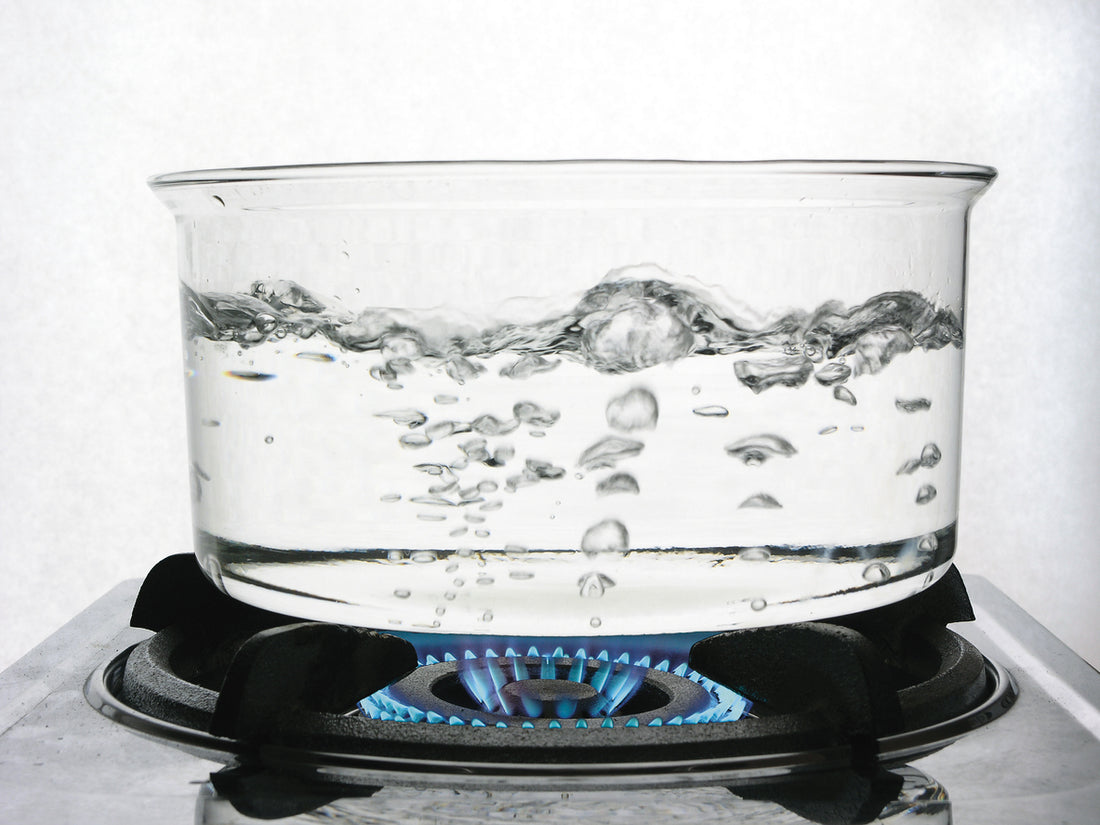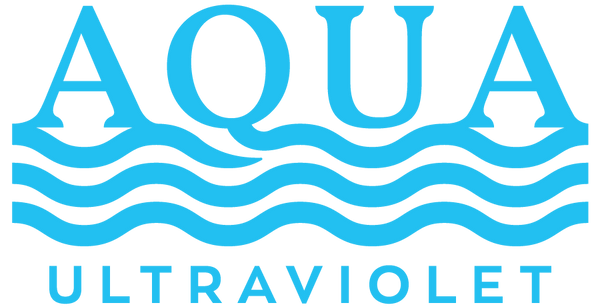
Can Boiling Water Purify It?

Clean and safe drinking water is critical for every human being, as contaminated drinking water can lead to severe diseases like cholera, diarrhea, dysentery, hepatitis A, and typhoid. Boiling water is a well-known method of making it safe and drinkable.
But does boiling water purify it? While boiling water can eliminate the disease-causing germs in the water — making it safe for drinking — it won’t purify the water 100%.
So, how long does it take to boil water? And does boiling tap water purify it? Let’s find out, plus general water boiling guidelines and the safest water purification methods.
How Boiling Water Works
When you boil water, it transforms as soon as it reaches the boiling point. Before the water turns into steam, vapor bubbles form at the container’s bottom, and gradually, the bubbles rise to the surface.
Boiling water kills harmful microorganisms like bacteria, viruses, and parasites. It’s an efficient way of removing contaminants harmful to our health. However, the answer to “Does boiling water purify it?” is a no. Even though it successfully kills some contaminants, boiling cannot remove all contaminants or chemicals to purify water.
That’s why a comprehensive water treatment system that can kill germs and thoroughly filter the water is essential.
How Long Does It Take to Boil Water?
Typically, a pot of water takes about five to 10 minutes to come to a boil on a stove on high heat. However, this time varies with altitude. Higher altitudes have a lower boiling point due to the reduced atmospheric pressure, resulting in a shorter wait period for boiling.
If you notice cloudy-looking water, filter it with a clean cloth, paper towel, or coffee filter before boiling it. Then, bring the filtered water to a rolling boil for one minute and allow it to cool. Finally, you need clean, sanitized containers with tight covers to store the boiled water.
Boiling Water vs. Filtration: Which Is Better?
Does boiling tap water purify it? Again, the answer is no. Boiling water cannot remove heavy metals, pharmaceuticals, pesticides, insecticides, other organics, and inorganics.
Because water evaporates when it boils, it becomes more concentrated in contaminants. However, boiling water makes it easy to create drinkable water without fear of germs.
On the other hand, there are water filtration systems where tap water flows through a cartridge or chemical process to help remove a range of contaminants while improving the taste and quality of the drinking water.
It’s a faster method than boiling to get safer and cleaner water. Unlike boiling water, filtering can purify the water. When you boil water, it still can have contaminants such as lead and chlorine, which are harmful to our health. For example, lead exposure can affect the brain and nervous system, while chlorine in water can form disinfection byproducts linked to cancer and cause respiratory and skin irritation. Additionally, after algae blooms, you may not know if your water is contaminated for weeks or even months.
In such cases, you need a multifaceted approach to water purification that does more than kill germs.
Does Boiling Tap Water Purify It?
If you want to purify tap water, boiling it is never enough. For safe and drinkable water, look for a supplementary water treatment method. One such system is Aqua Ultraviolet’s Life Plus unit. It’s an advanced water purification system offering three-stage filters.
The sediment filter removes the dirt, rust, and sediment from the water. The carbon filter extracts organic compounds, chlorine, pesticides, herbicides, radon, prescription drugs, and chemicals. Finally, the fluoride filter removes bacteria, mold spores, algae, protozoa, viruses, yeast, cysts, and fungi.
Our Life Plus is the best way to ensure you get pathogen-free, odorless, fresh, clean, and safe water. Visit Aqua Ultraviolet’s website to learn more about the Life Plus filter and its excellent features.
